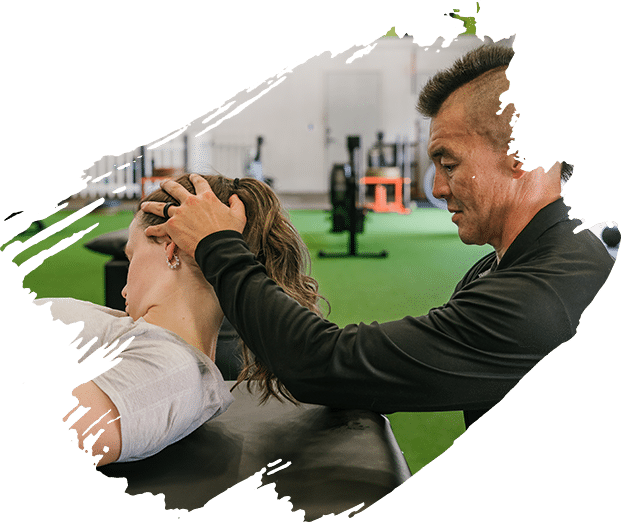 A lot of people focus on losing weight to get healthier, and sometimes do it to excess. They fret if they've gained a pound and get ecstatic when they've lost one. While losing weight is an excellent goal, in the general scheme of things, it doesn't matter, especially if you're losing inches. When you stay the same weight, but shed inches, it means you're building muscle mass. Muscle tissue weighs more per cubic inch than fat tissue does, so even if you don't lose a pound, but change your body's composition to more muscle mass, you'll be thinner and wear a smaller size.
A lot of people focus on losing weight to get healthier, and sometimes do it to excess. They fret if they've gained a pound and get ecstatic when they've lost one. While losing weight is an excellent goal, in the general scheme of things, it doesn't matter, especially if you're losing inches. When you stay the same weight, but shed inches, it means you're building muscle mass. Muscle tissue weighs more per cubic inch than fat tissue does, so even if you don't lose a pound, but change your body's composition to more muscle mass, you'll be thinner and wear a smaller size.
The scales can make you discouraged.
When you lose weight, it's not a straight line down, but one with peaks and valleys with each peak or valley lower than the previous one. Depending strictly on the scales to get a picture of how well you're doing is deceiving. Throughout the day and week your weight fluctuates. Sometimes, your body retains more water than other times. Your weight can give you false encouragement or unnecessary disappointment.
Losing weight may not help get rid of a Buddha belly.
The weight you carry in your abdominal area is the most dangerous type of weight. It's also the hardest weight to lose. It crowds your organs and can cause all types of health issues from increased risk of heart disease to increased risk of type 2 diabetes. Instead of weighing yourself, take a measurement of your waist, then divide it by your height in inches. If your waist is 27 inches and your 5'5" or 6'5", then you'd divide 27 by 65. The answer is 0.41. A good result, which means you don't have visceral fat, is 0.5 or less.
How your clothes fit is a good indication.
If your pants are looser than they were a month ago, you're doing fine, regardless of what your weight is. If the scales said you lost 2 pounds, but your clothing is getting tighter, there's something wrong. Either your scales are off or you're being deceived. Using an article of clothing as your measure is a good idea. Before you start your weight loss program, find a pair of pants that are too tight to use as your guide. Once a month, try them on to see how well they fit.
- If you want to lose visceral fat, you need a healthier diet, plus regular exercise, with high intensity workouts the best. It's important to get enough sleep, limit your alcohol intake and reduce your stress level.
- You don't need to give up weighing yourself altogether. Just don't overly depend on the number on the scales and use other ways to track your progress. Using body measurements is another way to track.
- Take a picture of yourself once a month. Wear the same clothing each time and make it revealing, to show your body in full. After a few months, compare the before and after.
- Identify the reason you want to lose weight and use that as a way to track progress. Do you want to have more energy, lower blood pressure, or lower blood glucose levels? Use blood pressure readings, the number of flights of stairs you can climb or resting blood glucose levels.
For more information, contact us today at Habitat Health & Fitness

